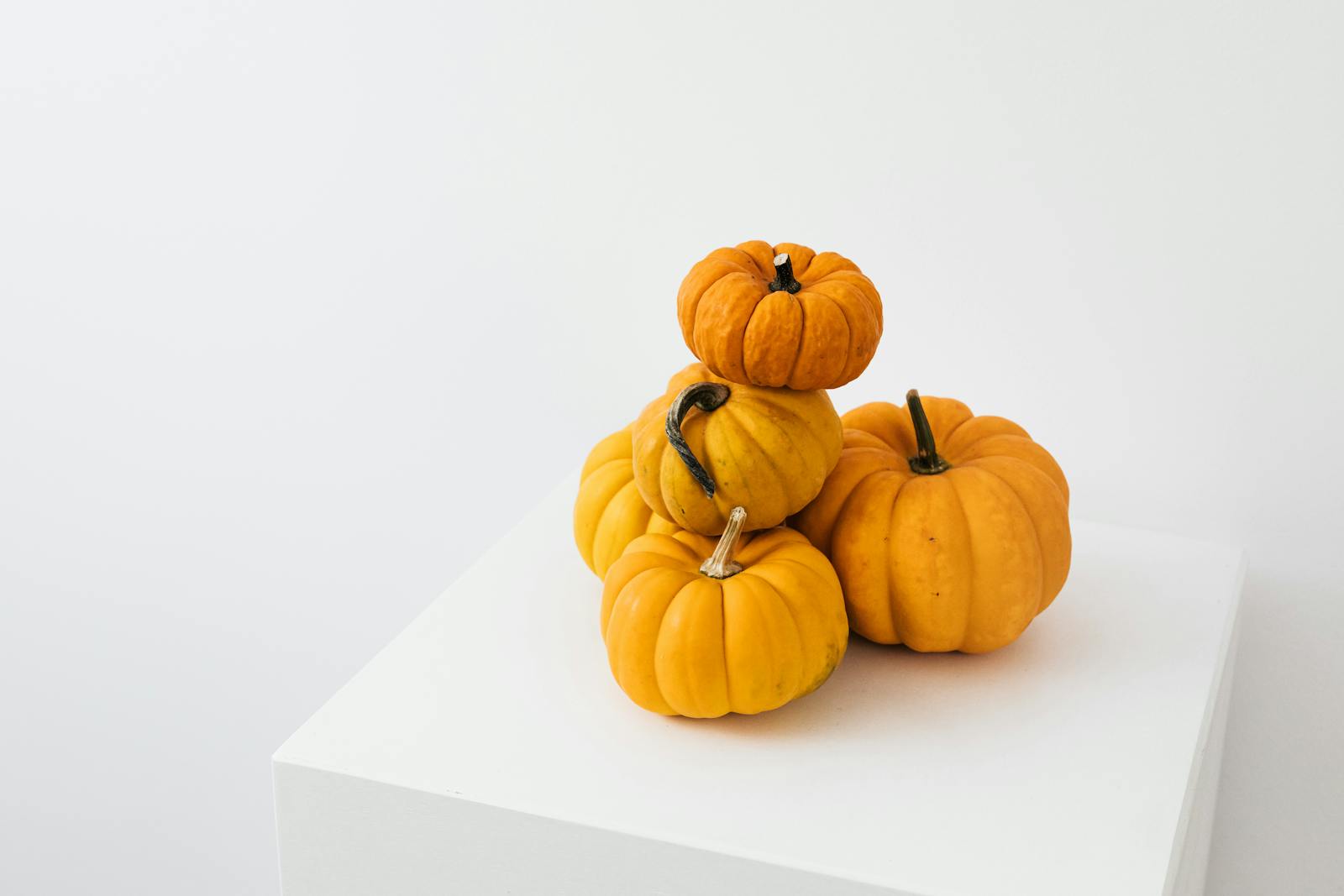Happy Thanksgiving 2025
My lovely friends, family, acquaintances and readers,
As we gather around tables filled with love and gratitude this Thanksgiving, I want to take a moment to express my heartfelt thanks to God for each of you.
Thanksgiving is a time for reflection and appreciation, and I am deeply grateful for the community we’ve built. May this holiday remind us to cherish the moments, celebrate our connections, and extend kindness to those around us.
Wishing you a warm and joyful Thanksgiving filled with delicious food, laughter, and cherished memories with family and friends. Thank you for being an essential part of my journey.
With gratitude,
Lady Abena
The Heart Condition
Every time I am reminded of the scripture in Acts 13:22 (b), I have peace in my heart that God judges us from our heart.
“…God testified concerning him: ‘I have found David son of Jesse, a man after my own heart; he will do everything I want him to do.’”
If you have not studied the life of king David, you’re missing out. Please make time to at least read the books, 1 and 2 Samuel. You’ll have great insight into David’s life and legacy. You will also learn that he was a flawed human, but he had a heart that was broken, repentant, compassionate and a heart that truly loved the Lord.
Sometime in spring this year I attended a conference in the northern part of the country. As I was approaching the conference grounds I walked into a group of ministers who had prophetic graces and were speaking the mind of God to people. One lady looked at me and smiled and said, “God says you love Him and He loves you too…”. I’ll spare you the rest of the message. I teared up - for reasons my heart could only interpret. I silently went to take my seat at the conference and told God that, “I know I am flawed but if You can still see past my flaws and look into my heart to acknowledge that I love you, then I have won this race called life so I thank You.”
While that message was so unexpected, it was a needed confirmation that changed the rest of my year - that the posture of our hearts, the motives and things we harbor or incubate is what God is looking at. You can find many people who look the part, speak the part and perform wonders but their heart is far away from God. I’m a ‘people watcher’ in case you don’t know - I watch how people behave and react to decipher their hearts and what it is communicating to me or the world. One of my favorite phrases is "People say a lot, so I watch what they do." Jesus even reiterates this in Matthew 15:8-9 NIV;
“These people honor me with their lips, but their hearts are far from me. They worship me in vain; their teachings are merely human rules.’[a]”
I pray for you this week that you the Lord will create a clean heart in you. That God will look at you and tell someone like he bragged on Job to Satan, that “this person here loves Me and I love him or her back.” I don’t know what kind of love you’re seeking but God’s love is unmatched. There’s no love that can ever supersede His love. I keep pursuing and seeking His heart and by doing so I find Him working on my heart condition daily. Sometimes it is a painful process but when He is done, the results are one that can never be duplicated.
XOXO,
Lady Abena.
The Advice I Shared With The Couple
Some months ago I was approached by a young couple about to tie the knot to share my thoughts on pre-marital counseling. I know they reached out to me because they value and honor my thoughts and also because they know I have navigated marriage and divorce before so I think it was a smart move on their end. They also shared that they had heard me speak at a zoom event on marriage and they liked what they heard.
Truthfully, I’m very hesitant to offer anyone marital advice. I’m more comfortable sharing my thoughts publicly or in a panel discussion than doing it one-on-one with anyone because my opinions are very unconventional - in a great way though that challenges an average-thinker. In this particular case I took a chance to share my thoughts with them and maybe it will help someone who is reading this.
A lot of marriage counselors who offer pre-marital counseling do it from a biblical perspective and a traditional one. There’s an ‘innocence’ to it because it is inherently assumed that this love is fresh and they (the couple) are starting life on a blank page. The beginning of any journey is exciting and you never know what lies ahead. The counselors do their best to paint pictures or even share experiences of the little foxes to look out for and what can create conflicts etc. but let’s face a fact - hypothesis is not reality. They prepare you as much as possible but if you speak with commanders of armies, you’ll understand that no matter their strategy for going into a war zone, when you are in the middle of the war itself, it’s a different ball game and you have to think on your feet and change strategy sometimes or you’ll be defeated.
So, I told them (the couple) what I’ve been doing - I listen to podcasts and read books from top divorce lawyers around the world. I know what you’re probably thinking but it’s far from it. I’ve learned so much about marriage and people from these podcasts that I have come to appreciate a good man when I see one and I’ve boldly told some women who even complain about their spouses that they are blessed to have the kind of husbands they have. This new found knowledge reshaped my thinking because divorce attorneys are usually in the middle of the battle, the pain, and they have seen the end of what was once a beautiful journey. They also share the reasons, catalysts and foxes that we should all be on the lookout for and make sure we don’t tow that same line. Listen, I even read marriage acts and laws from different countries to understand what breaks a good union and to make sure that when I have the opportunity to take that journey again, I’m well prepared to fight against any of these fire starters and behaviors that can ruin a beautiful union.
No one walks down the aisle with his or her enemy so seek knowledge and wisdom and be proactive to safeguard your union from anything that could possibly destroy it. Believers are sometimes so ‘sheltered’ from reality so much so that the majority of Christian marriages are struggling because we lack the practical wisdom to navigate it. Be proactive in life, not reactive.
XOXO,
Lady Abena.



